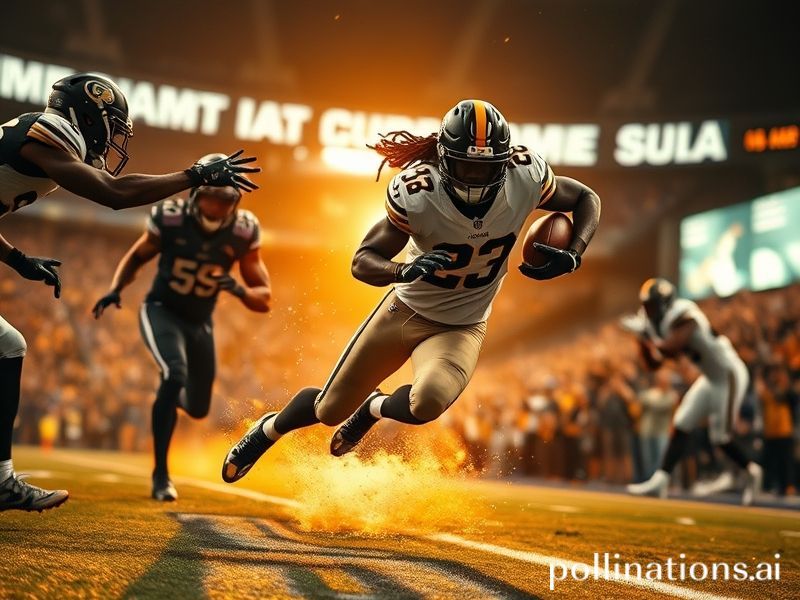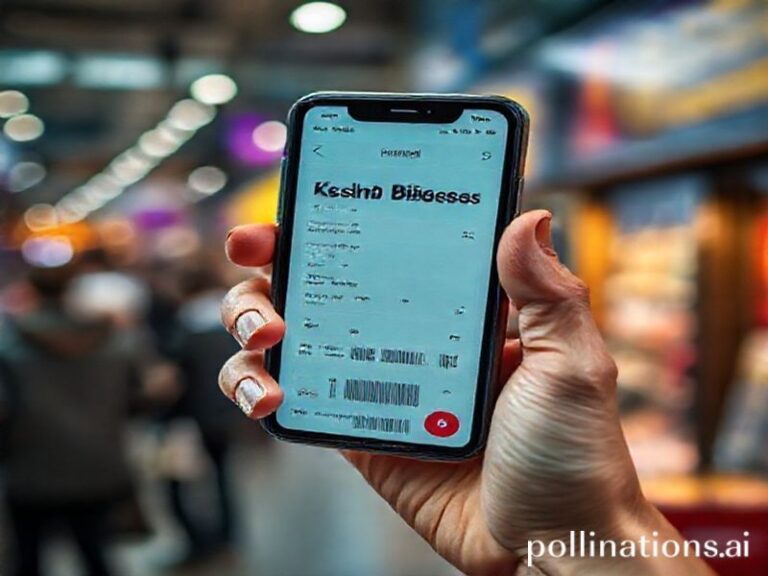From Flooded Cathedrals to Global Cult: How the New Orleans Saints Became the World’s Favorite Disaster-Relief Metaphor
The Crescent City has always been a place where the dead refuse to stay buried—levees break, jazz funerals turn into block parties, and the Saints keep rising from the crypt like Bourbon Street vampires with season tickets. From the banks of the muddy Mississippi, the New Orleans Saints have quietly become America’s most improbable export since jazz itself, broadcasting a uniquely gothic optimism to a planet that badly needs the instruction manual.
Internationally, the Saints are less a football team and more a case study in how disaster capitalism can be reversed: take a city flattened by hurricane and governmental neglect, sprinkle in a Lombardi Trophy won at the exact moment the oil rigs were still bobbing in the Gulf like abandoned chess pieces, and voilà—soft power on a budget. Foreign correspondents who parachute in expecting Mardi Gras clichés find themselves filing dispatches about salary-cap alchemy, Drew Brees’ pre-snap Gallic gestures, and the way the Superdome’s roar gets translated into 47 languages on pirate streams from Lagos to Lahore.
The global implications? Consider the merchandising. Somewhere in a Shenzhen sweatshop, a 19-year-old making $1.12 an hour stitches “Who Dat” onto black-and-gold hoodies bound for Helsinki, where they’ll be worn ironically by death-metal fans who’ve never seen a forward pass. Meanwhile, French Quarter Airbnb hosts have learned to greet Brazilian tourists with the phrase “Geaux Saints,” a linguistic atrocity that would make the Académie Française self-immolate if it only understood American football.
The Saints’ playbook has even infiltrated geopolitics—though not on purpose. When the Kremlin needed a distraction from sanctions, state TV briefly aired grainy footage of Sean Payton’s bounty-gate scandal as proof that American sports are hopelessly corrupt. (No one in Moscow noticed the irony; they were too busy calculating how many rubles it would take to bribe an NFL referee.) In Brussels, EU budget hawks cite the Saints’ 2021 salary-cap gymnastics as evidence that creative accounting is, in fact, a universal language.
But the real export is emotional. In a world where every push alert announces another plague, coup, or cryptocurrency collapse, the Saints offer a seductive narrative: redemption is possible, but it will cost you draft picks and probably your conscience. Watch the international reaction shots after a last-second Alvin Kamara touchdown—Japanese fans clutching rosaries they don’t believe in, German hipsters spitting out Kölsch in disbelief, Senegalese tailgate crews replicating gumbo with whatever fish survived the day’s overfishing trawlers. They aren’t cheering the touchdown; they’re cheering the idea that something, anything, can still surprise them.
Of course, the Saints’ global reach comes with the usual caveats. Their streaming rights are locked behind NFL Game Pass International, a paywall so Byzantine it makes the DMZ look porous. And the league’s insistence on London games means Londoners get the Saints once every four years—just long enough to remember why they preferred rugby’s simpler despair. Still, the brand seeps in: a Cape Town food truck now sells “Brees-y Shrimp Po’boys,” and a Prague absinthe bar offers the “Taysom Hill—tastes like special teams and regret.”
So when the Saints take the field this autumn, remember that they’re not merely playing the Falcons; they’re auditioning for a planet that desperately needs a plot twist. The final score will scroll across screens in Nairobi cybercafés, Dubai skyscraper lobbies, and Chilean copper-mine break rooms, each viewer projecting whatever hope or doom they have left onto that fleur-de-lis. Win or lose, the Saints will board their charter, descend through clouds heavy with climate change, and land back in a city that’s half Atlantis, half miracle. The rest of us, scattered across time zones and existential dread, will keep hitting refresh—because if a franchise once nicknamed the ‘Aints can become a transatlantic religion, maybe tomorrow the seas won’t boil. Probably they will. But maybe not.







